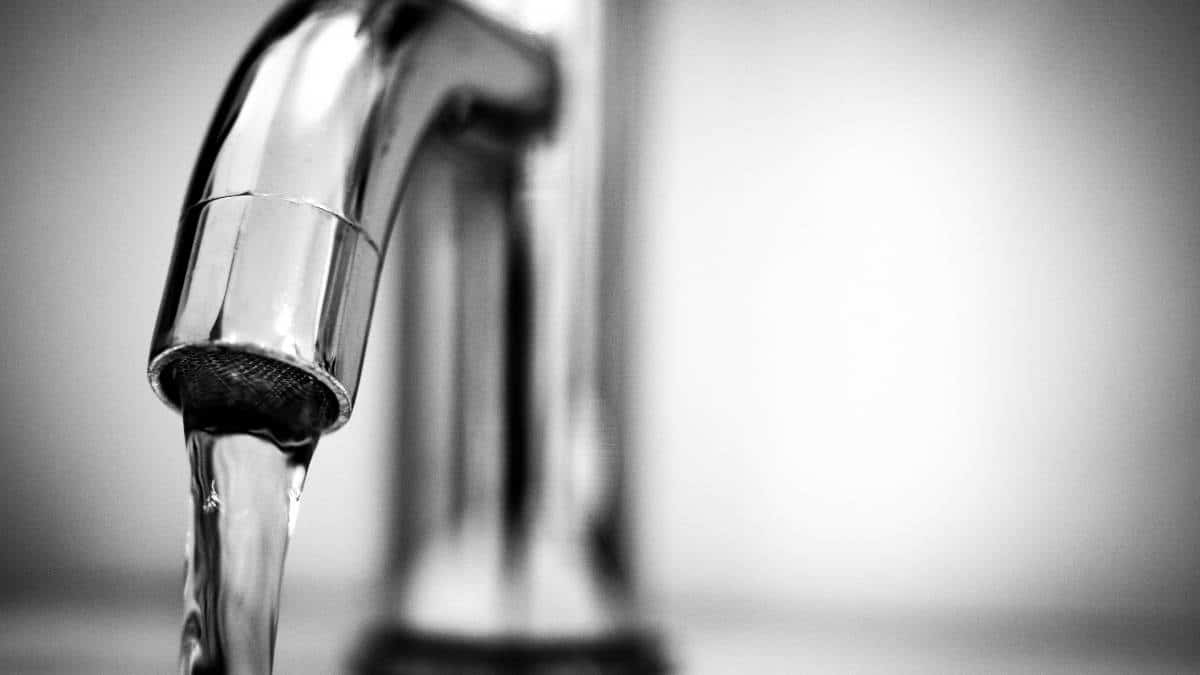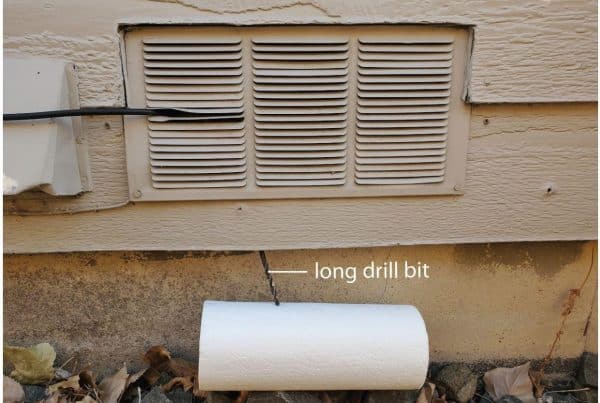There are a few good motivations for wanting to conserve water. You might be concerned about the environmental repercussions of excessive water use. You might be interested in lowering your water bill. Or you might just be interested in living a disciplined life. In any case, there are many strategies that can help you conserve water in your household – and you’re about to learn some of the best.
How to Conserve Water in Your Household
These are some of the best strategies for conserving water in your household:
1. Purchase a bidet
It may seem counterintuitive at first, but bidets actually have the power to conserve water. These devices use water to facilitate better personal cleaning after you use the bathroom, but they reduce the total amount of water you use because they (mostly) replace the need for toilet paper. Growing trees and processing materials for toilet paper consumes an unfathomable amount of water, so simply rinsing yourself with a bidet reduces the water needs of your household.
2. Collect and use rainwater
Assuming it’s legal where you live, collect and use rainwater for various purposes. You can use rainwater to water your lawn, provide nourishment to your garden, extinguish bonfires, or even water your livestock. It’s a natural resource that reduces your need for additional water.
3. Stop watering your lawn
It’s fine to use rainwater to water your lawn, but in general, you can probably get away with watering your lawn less. Yards in the United States consume a disproportionate volume of water, and if you water your lawn multiple times a week, your water bill will be in the hundreds of dollars easily. If your lawn is desperate for water during a dry period, it makes sense to complete a round of watering; otherwise, natural rainfall in your area should allow your lawn to persist.
4. Utilize mulch
Strategic use of mulch can help you retain water, so you need less of it to water your garden and lawn. Mulch is inexpensive, so even if you reapply it every year, it will probably save you money in the long run – in addition to saving you water.
5. Invest in efficient appliances
Energy efficient appliances are designed to use less energy and less water than their older counterparts. The exact water savings that you experience are going to depend on several variables, including the age of your older equipment and the type of appliance you’re replacing it with. If your appliances are more than a few years old, it’s worth doing some research to see if upgrading them can save you water and save you money.
6. Completely fill your dishwasher
Dishwashers are marvelous for their ability to automate an otherwise tedious manual task, but they do use a significant amount of water. They’re much more efficient than they used to be, representing an improvement over hand washing, but if you want to maximize their efficiency, you need to make sure you fill them up completely before running a wash cycle.
7. Recycle whatever water you can
In some cases, it makes sense to recycle water that would otherwise be wasted. For example, if you boil pasta, you may be able to use the water for another purpose, like watering down thick cooking sauces.
8. Only wash clothes when genuinely dirty
Do you really need to wash a pair of jeans that you only wore for a couple of hours? Probably not. In many cases, you can reuse clothes multiple times before washing them.
9. Track down leaks proactively
Investigate your home for potential leaks and fix any leaks you find as quickly as possible. Even a seemingly slow, insignificant drip can add up to cost you hundreds of gallons of water over time.
10. Take shorter showers
Standard showerheads promote the flow of 2.5 gallons of water per minute. That means every minute counts when it comes to showering. If every member of your 4-person family can reduce showering time by just 5 minutes each, it could save you 1,500 gallons every month.
Big Picture Thinking
In your pursuit to conserve water in your household, try to practice big picture thinking. In other words, don’t get bogged down in the details. It’s incredibly helpful for the environment as well as your wallet to reduce your water consumption, but it’s also hurtful to restrict the availability of water for reasonable purposes or micromanage every activity to the extent that it stresses your relationships.
For example, it’s helpful to encourage your family members to work relatively quickly when taking showers. It would be hurtful to force everyone to take showers of no longer than 60 seconds, and only once per day.
Fortunately, a combination of small lifestyle changes and inexpensive upgrades should be plenty to help you conserve water. From the time you start, you’ll likely notice meaningful reductions in your water bills.








